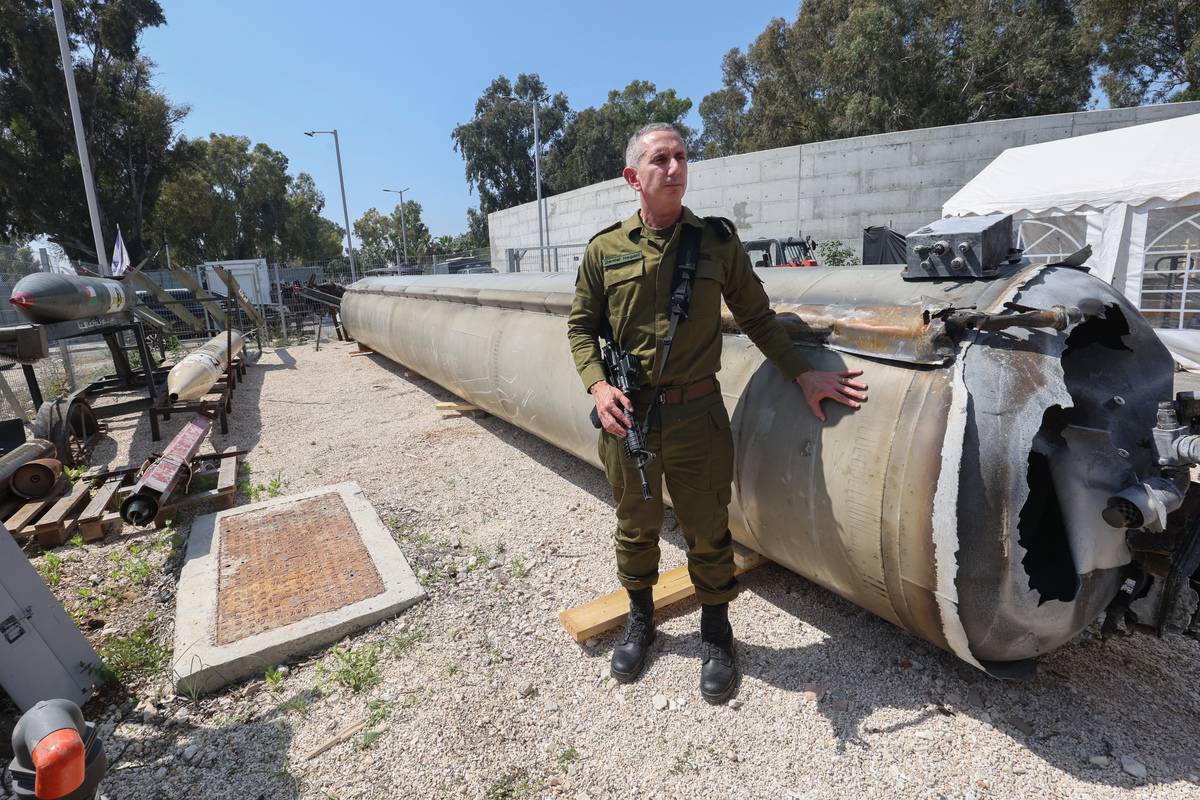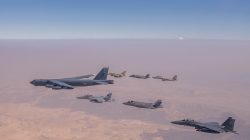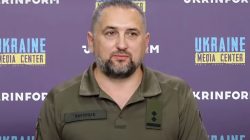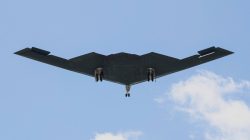Well, it seems to have started. Israeli airstrikes on Iran’s nuclear research and development sites have ushered in a new phase of the Middle East conflicts, which began when Tehran’s Hamas terrorist proxies invaded Israel on Oct 7, 2023, murdering 1,200 people and taking 254 hostages.
The conflict now seems to have a momentum of its own. Despite dedicated diplomatic efforts and determined military deterrence to contain Iran’s embryonic nuclear programme, Israel was not willing to take the risk of misreading Iranian efforts in building a nuclear weapon in the near future.
First, Israeli jets carried out a punishing decapitation operation against the Iranian military. Over a few days, airstrikes killed eight senior military commanders, including generals with the notorious Islamic Revolutionary Guards Corps (IRGC). Among those killed was Maj Gen Hossein Salami, commander-in-chief of the IRGC since 2019; he was deeply involved in Iran’s ballistic missile programme. Equally, Maj Gen Mohammad Baqeri, chief-of-staff of the Iranian armed forces and the second-most powerful military figure after Supreme Leader Ayatollah Ali Khamenei.
Tolong support kita ya,
Cukup klik ini aja: https://indonesiacrowd.com/support-bonus/
Tehran, in the meantime, has launched waves of drones and missiles at Israeli cities and towns. Israel punches back harder.
Second, the Israelis hammered at least six suspected nuclear sites, including the key Natanz Nuclear enrichment site, in a move to quickly degrade Iran’s possibility of building a bomb. The United Nation’s (UN) International Atomic Energy Agency (IAEA) says that Iran already has 400 kilogrammes of uranium enriched to 60%. Pushing enrichment to 90%, a relatively quick operation, would bring the Islamic Republic to nuclear weapons capacity.
Third, the UN Security Council went into urgent session on June 13, with Israeli ambassador Danny Danon telling delegates the mission was clear, “dismantle Iran’s nuclear programme, eliminate the architects of its terror and aggression and neutralise the regime’s ability to follow through on its repeated public promise to destroy the state of Israel”. Mr Danon emphasised that while Tehran was on the threshold of a bomb, “This was an act of national preservation… because we were left with no other option.”
Russia’s ambassador Vassily Nebenzia warned that Israel’s actions in the Middle East are “pushing the region to a large-scale nuclear catastrophe”. Pakistan’s delegate Asim Iftikhar Ahmad added that Israel’s “blatant provocations” pose a grave threat to regional peace. Beijing’s delegate stated, “China condemns Israel’s action” in violation of Iran’s sovereignty and security.
The US delegate, McCoy Pitt of the State Department’s Bureau of International Organisations stated, “The Islamic Republic of Iran’s regime has, since its founding, repeatedly called for the state of Israel’s eradication; launched unprovoked direct and proxy attacks on Israeli civilians; and spread terror, instability, and untold human suffering throughout the region… As President Trump has repeatedly said, this dangerous regime cannot be allowed to have nuclear weapons.”
In light of a possibly spreading conflict, Mr Pitt stressed, “Our absolute, foremost priority is the protection of US citizens, personnel, and forces in the region.” He warned, “Let me be crystal clear: no government, proxy, or independent actor should target American citizens, American bases, or other American infrastructure in the region. The consequences for Iran would be dire.”
Tehran’s terrorist proxies from Hezbollah to Hamas and the Houthis, and deep-cover assets in Europe and the United States, can trigger assassinations and mayhem. Yet when Tehran’s mullahs realise they have again backed themselves into a dead end of their own making, they will then reconsider President Donald Trump’s offer to talk and “make a deal” before it’s too late?
Clearly, foreign intervention isn’t the solution in Iran, an ancient land currently ruled by cruel leadership.
Crown Prince Reza Pahlavi (64), son of the late Shah, now living in exile in the US, remains a key figure in the peaceful resistance for change in Iran. During this current crisis, he stated via X, formerly Twitter, “In their reckless pursuit of nuclear weapons, Ali Khamenei and his incompetent and criminal thugs have dragged Iran into a war and put the Iranian people in harm’s way. They are responsible.” He added, “But the regime is weak and divided. It could fall.” He stressed, “Here is my message to my compatriots: Iran belongs to you, and reclaiming it is in your hands.”
As Mr Trump said, the violence should come to an end, and Iran should make a deal so that there is “no more death, no more destruction.” The US president has decisively thrown down the gauntlet.
Provided by SyndiGate Media Inc. (
Syndigate.info
).







